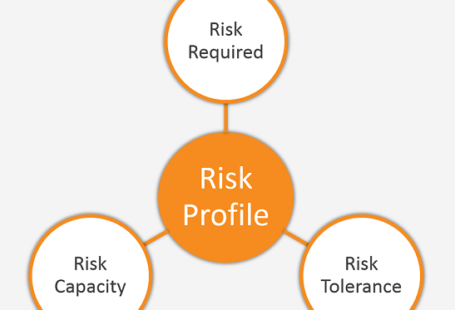 If you want to be a business coach, you don’t just need coaching certification – you need to learn the best and worst parts of coaching small business owners.
If you want to be a business coach, you don’t just need coaching certification – you need to learn the best and worst parts of coaching small business owners.
Here, a Certified Master Coach takes us inside the world of working as a small business coach.
Sean McCarthy is a small business coach who focuses on small business mentoring and life coaching. He is located Loveland, Colorado. But, since coaches can do their consulting and mentoring in person or via email or phone, he can work with clients in any location.
McCarthy is enthusiastic about the work he does, and is more than willing to give aspiring small business coaches the inside scoop….
Small Business Coach Job Description
According to McCarthy, personal small business coaches offer emotional and business support. They help clients (business owners) view their businesses from a different perspective. A small biz coach helps keep business owners on track, creates action and momentum, and even assists with the tough decisions.
“I strive to help clients identify and create good healthy habits, which move their lives and businesses forward,” McCarthy adds.
A small business marketing consultant is another type of business coaching.
How Much Does a Small Business Coach Make?
A small biz coach’s annual earnings are a function of two factors: hourly rates and hours worked. And, McCarthy says, earnings vary by region of the country where the coach is located.
Sherpa Coaching contains a 2011 survey with detailed salary data for coaches. According to a recent survey, executive business coaches’ annual earnings have dropped since 2006. The main reason is the number of clients served has dropped each year for both new and veteran business coaches. However, the survey shows that veteran and entry level coaches make about the same as they did five years ago.
The Best Part of Business Coaching
“Coach Sean” says, “My job allows me to challenge other people and to implement change to create breakthrough results.” Through the biz coaching process, clients are challenged to take a more meaningful look at themselves and at their business.
“Based on what they discover about themselves, their goals and what resources are available to them, we create an implementation plan,” says this small business coach. “By providing accountability and perspective, clients are able to create amazing changes and bigger results in their lives and business.”
The Challenges of Being a Small Biz Coach
One of the challenging aspects of business coach is being brutal honesty with a client. It is often difficult to confront a client on their poor performance and lack of responsibility for the results in their lives. Often, the client is looking to blame someone or something other than themselves for poor results. Sometimes the coach is the target of that blame. It can wear you down when you have several of these types of conversations in a week or even sometimes, in a day.
The other frustrating aspect of a life or business coaching job is the personal discipline that is required. “My job functions around relationships, and thus I love to talk with people,” McCarthy says. “I find that it can be difficult for me to complete the mundane aspects of my job, such as writing, billing, product creation and taking notes on client sessions. Because there isn’t much accountability for these types of tasks and they interfere with my relationship building, I find that strong personal discipline is required.”
The Biggest Surprise About Coaching
The biggest surprise heard from clients is how empowering small business coaching can be. Often potential clients don’t understand how coaching can help them. Some even view coaches as a type of therapist or counselor. Once they learn how to best use their coaching relationship, they are amazed at how much more potential they have and how much bigger they can make their business.
A related job description is working as a career guidance counselor. Read What Does a Career Counselor Do?
Career Tips
McCarthy says, “The number one thing I tell someone considering becoming a coach: at first, the majority of your work is not coaching business clients at all. Before coaching, you have to market your services. Like many small business owners, marketing and selling their business and themselves is the number one priority.”
The second tip is to find a good mentor coach to work with you, before, during and after receiving certification as a business coach. He or she can share systems and processes, tips, ideas and provide accountability for you.
If you’re thinking about starting your own freelance business, you’ll find The Entrepreneur Equation: Evaluating the Realities, Risks, and Rewards of Having Your Own Business by Michael Port helpful – it’s a bestselling book on Amazon.
If you have any thoughts on a becoming a certified master life coach, please comment below.
Sean McCarthy is a Certified Business Coach and Life Coach. Sean is the Founder and President of Colorado Coaching Company based in Loveland, CO. Coach Sean holds a Certified Master Coach designation through the Certified Coaches Federation. Sean also holds a degree in Psychology from Indiana State University. Visit Colorado Coaching Company to learn more.
About the author: Bob McDonnell is a freelance writer and blogger. He has a blog, www.WordsByBob.com, which explores the use, misuse and humor in words.



